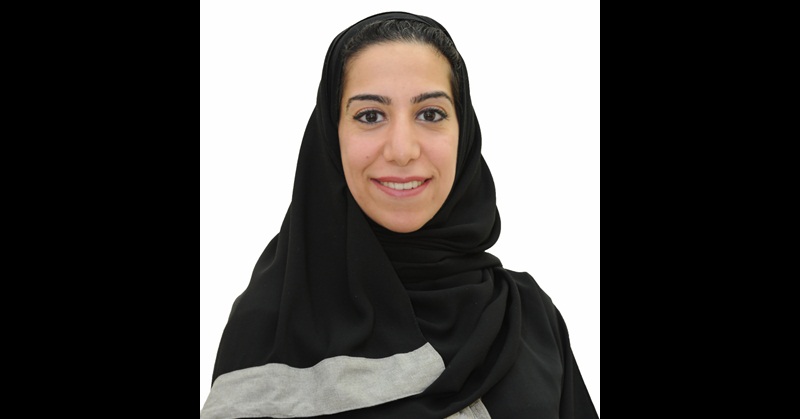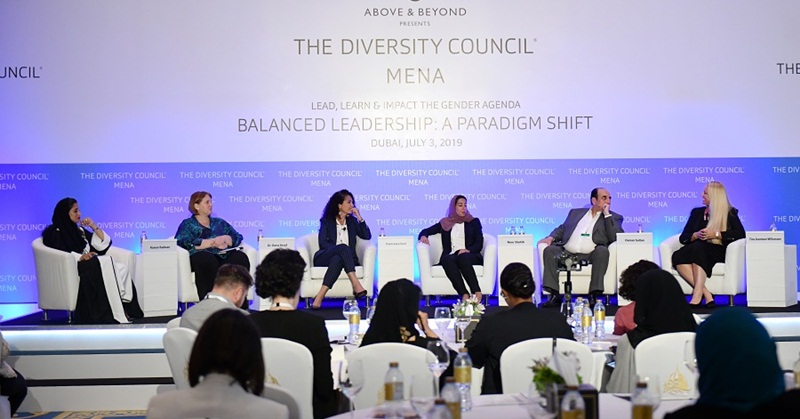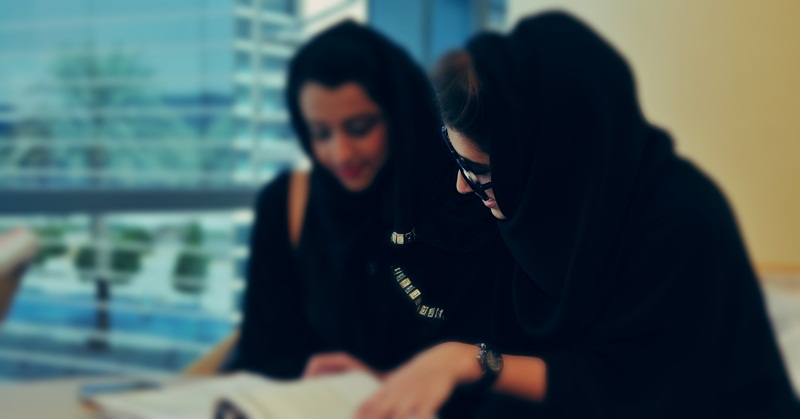For the longest time, the Kingdom of Saudi Arabia has lagged in terms of gender equality and women’s rights, as called out by various international human rights organizations through the years.
However, nothing is ever too late, as the Kingdom, with its progressive stand on transforming Saudi’s society into a more global environment for all of its residents – locals and expats alike, has been pursuing initiatives, as supported by national stakeholders such as businesses and public organizations to create a more gender-neutral society, starting with the workforce.

Women Empowerment Prioritized by Saudi Development Fund
In line with this, the number of women in the Saudi Industrial Development Fund workforce has increased from 0 to 13 percent in the past two years according Noor Shabib, the fund’s assistant director general for strategic planning and business development, as shared in a report by the Arab News.
According to the report, women were hired in various positions, including as directors and managers, and across different organizations.
Shabib shared that they are very proud of the achievement that they have all worked hard for as a firm, and with everything that is happening in the Kingdom in accordance to its Vision 2030.
Speaking during a panel discussion entitled “A Business Priority: Empowering Women Leaders” during the Diversity Council conference, in Dubai, Shabib, who is the first female senior executive in the fund, plans to increase contributions relative to GDP in industry, mining, logistics, and energy to $320 billion by 2030.
She further noted that their plan all along was to “attract the top talent,” and allowing women to join the workforce to provide companies with a wider selection of skills and talents to ensure that they are hiring the best candidates for the position.
In her talk, Shabib explained that there are certain prerequisites that make it easier to empower women, such as the support of top leadership, taking chances on women leaders, and providing a supportive and safe environment for them to work and lead.
“And, I think if I was to summarize everything… (it) is to empower, listen and adjust,” she shared.
Shabib shared the platform with the founder of the international Diversity Council Tine Willumsen, UN Resident Coordinator for the UAE Dena Assaf, and du CEO Osman Sultan, who gave their own inputs on how to help women reach leadership positions in business.
And while the prevailing culture in Saudi Arabia and the region still dictates that women must prioritize family life, marriage, and children above having a career, there has been a remarkable change at a greater pace in Saudi Arabia.
ALSO READ: Meet the First Female Saudi Commercial Pilot


